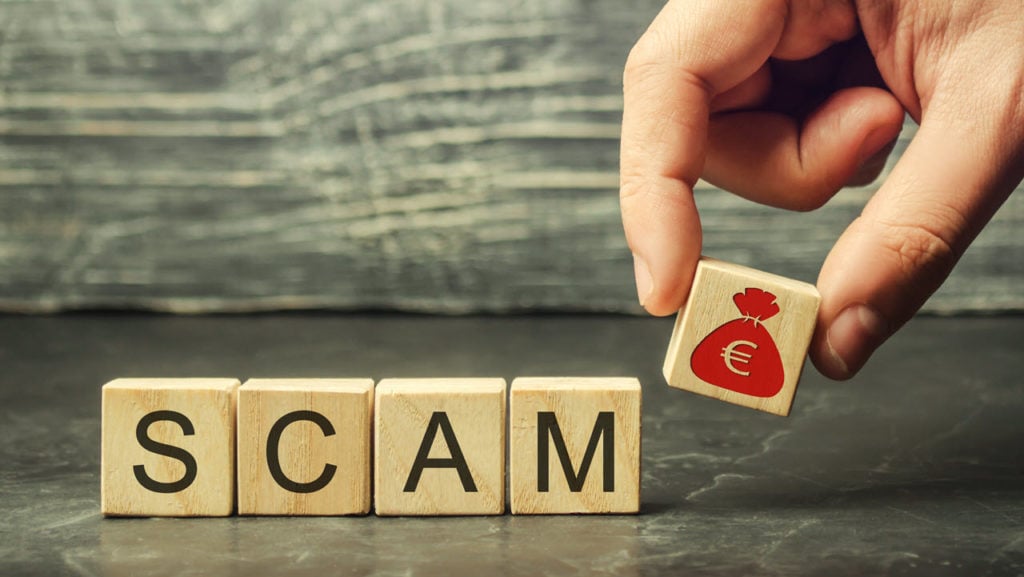WhatsApp caters to the communication needs of about two billion users, allowing them to send texts, photos, videos, locations, and contact details for free.
However, given the massive user base of the application, WhatsApp also attracts scammers who try to trick you into giving them money, personal information, or access to your device.
This article will show you how to identify WhatsApp scams and protect yourself.
What are WhatsApp scams?
A scam can be anything fraudulent, including messages that claim to offer you something valuable or urgent, such as a prize, a discount, a job opportunity, or even a security alert.
Usually, when scammers contact you on WhatsApp or any other platform, they ask you to click on a link, call a number, download an app, or share a code from your mobile phone. If you do any of these things, there is a high chance that you may lose money, compromise your privacy, or infect your device with malware.
Also read: Google Voice verification code scam explained
What are some common types of WhatsApp scams?

In this section, we’ll present some of the most common WhatsApp scams that you should be aware of:
Lottery scams
These messages claim you have won a large sum of money or a gift card from WhatsApp or a famous brand. They will then ask you to pay a fee or provide your details to claim this free prize.
Verification code scams
In these types of scams, you will asked to provide a six-digit code to the scammers who pretend to be from WhatsApp. However, in reality, this code is used to activate WhatsApp on another device, and if you share it, you will lose access to your account and contacts.
Fake offers scams
It is a very common type of scam practice. The scammers will offer you a tempting deal or discount from a well-known, expensive company or website. All you have to do is click on a link to activate the offer or scan a QR code to redeem the offer. Usually, these links may lead you to a phishing website that steals your credit card information or login credentials.
Malware scams
In these WhatsApp scams, users are urged to download an application or update the WhatsApp version to access new features or avoid losing your account. However, the new app or the patch may contain malicious codes that can damage your device, including spying on your daily activities, stealing your data, or even damaging your device.

Charity scams
These messages appeal to your emotions and ask you to donate money to help a friend in need, a sick child, or a noble cause. However, the money may go to the scammers instead of the intended recipients.
Job scams
These messages promise a lucrative job opportunity or an interview invitation from a reputable company. They ask you to pay a registration fee, buy equipment, or provide personal information. However, the job may not exist or may differ from what was advertised.
Also read: Is DealDash a scam?
How to spot WhatsApp scams?
WhatsApp scams can be hard to spot because they often use fake names, logos, and images to look legitimate. However, some signs can help you identify them:
- They contain spelling and grammatical errors.
- They use an unusual or unfamiliar sender name or number.
- They create a sense of urgency or pressure you to act quickly.
- They ask you to pay money, share personal information, or perform an unusual action.
- They promise something too good to be true.
How to protect yourself from WhatsApp scams?
If you receive a suspicious message on WhatsApp, do not reply, click on any links, call any numbers, download any apps, or share any codes. Instead:
- Delete the message and block the sender.
- Report the message as spam to WhatsApp.
- Check the official website of the company or social media accounts of the company or organisation that the message claims to represent.
- Update your WhatsApp app regularly and enable two-step verification for extra security.
In conclusion, most scams on WhatsApp or other platforms happen due to our lack of knowledge and temptation. Use your common sense when you encounter such scammers, and they will never succeed. Stay safe, and enjoy WhatsApp!
Also read: How to report a scammer on Facebook?






